|
WORLD
OCEANS DAY 8 JUNE 2018
ABOUT -
CONTACTS - FOUNDATION -
HOME - A-Z INDEX
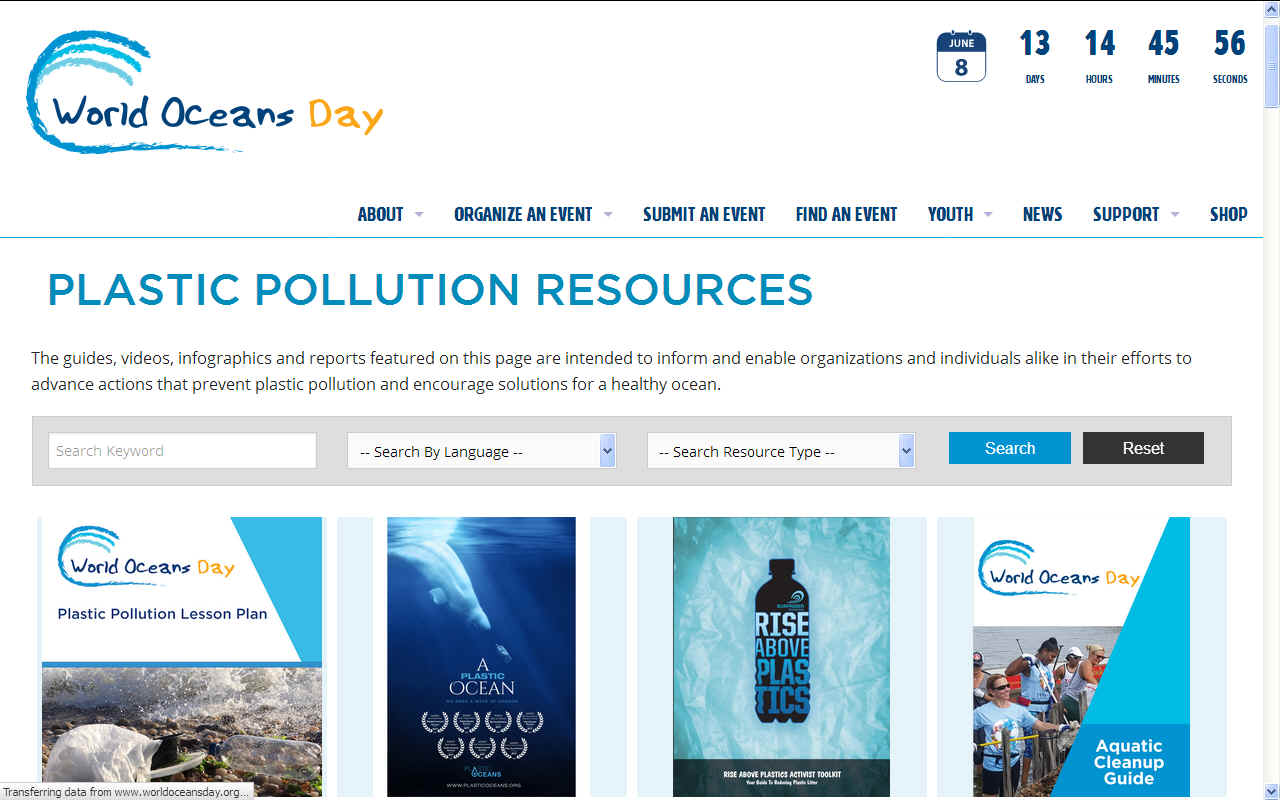
PLASTIC
POLLUTION - Tackling ocean plastic is a United Nations
agenda for sustainable use of the oceans and conservation of
marine life.
The first World Oceans Day was held in
1992 when the oceans were very different from today. The oceans were less
acidic because less
carbon dioxide had dissolved into them. They were a little cooler because the atmosphere was cooler. More large predatory fish like tunas and sharks existed, because they were less
overfished. Tens of millions of tons less plastic was adrift. Oceans even had more
oxygen.
Yet even in 1992, the ocean had problems. Miles-long high-seas driftnets had just been banned but were still used illegally. Marine animals such as sea
turtles, dolphins, and
seabirds died in nets and longlines. The Newfoundland cod fishery had collapsed. Illegal dumping of trash and toxic waste was rampant. Oil was cheap, and pumping and shipping was causing spills and leaks. Shorelines on the southern coast of Alaska, were still drenched in sticky black crude from the 1989
Exxon Valdez disaster. Coastlines ecosystems were being bulldozed at rapid rates to make room for trendy high-rises and beachside communities.
Since 1992, the world has allowed some of the oceansí problems to worsen. But other problems have improved thanks to the work of many.
World Oceans Day is meant to highlight all of this, the good and the bad. Itís meant to rally support for actions to help oceans recover from problems it faces now, but also to celebrate progress in repairing human harms to the seas.
This World Oceans Day, we join in the call for everyone to act for the oceans in three specific ways: We must prevent expansion of offshore drilling, we must end
plastic
pollution, and we need to make our coastlines more resilient. No boundaries can work against global warming, plastic pollution, oil spills, ocean acidification and coastal destruction. Thatís why
everyone - even those living far from the coasts - is needed to help the oceans.
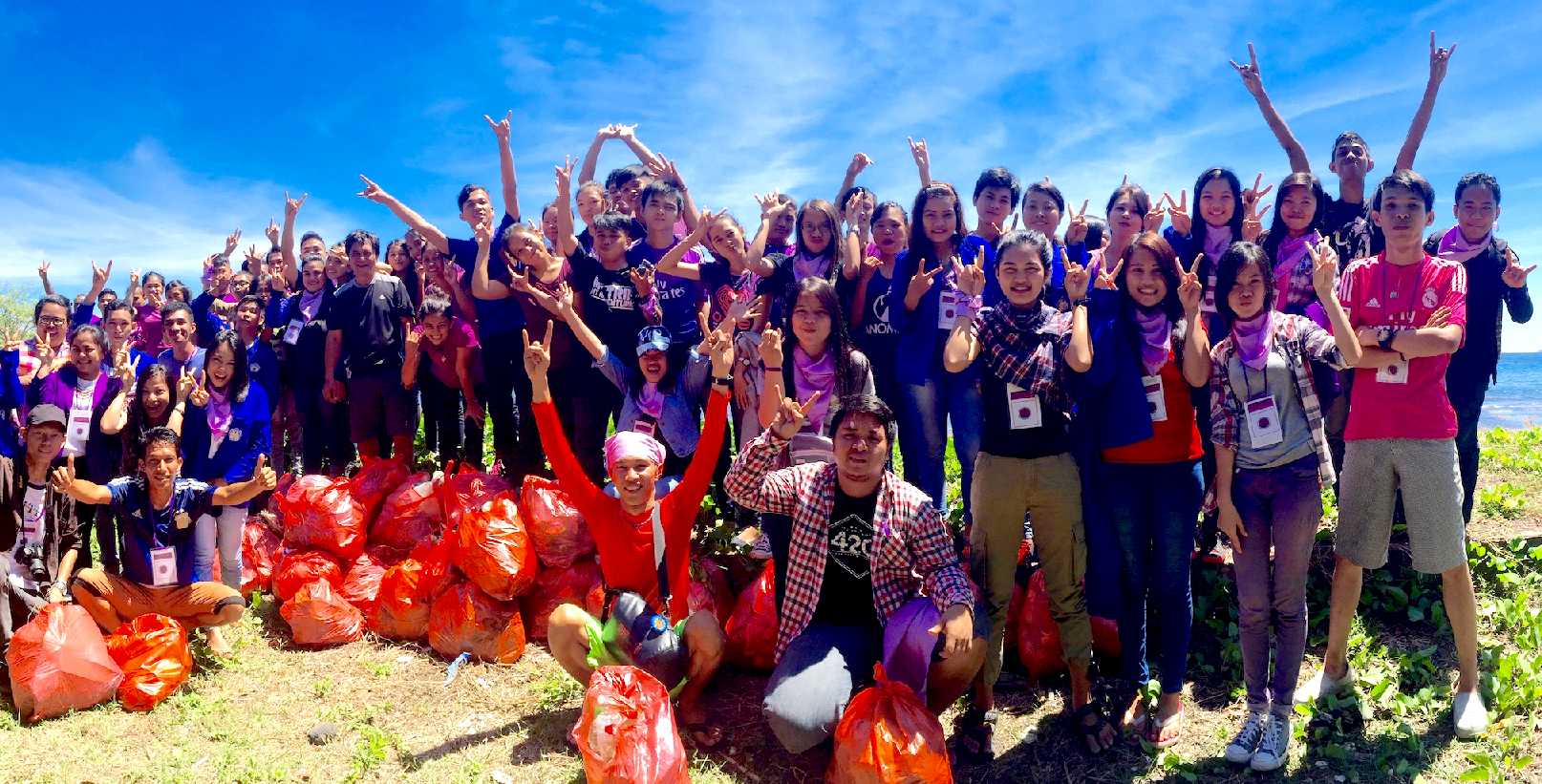
Hereís an overview of those three
issues and how you can take action to help address them:
Offshore drilling
Trumpís Interior Department now plans to expand oil and gas drilling in 90 percent of U.S. waters, even as 60 percent of voters say they oppose the plan. In an attempt to protect their coastlines from probable harm, many states affected by Trumpís drilling plans have applied for exemptions to the Interiorís Bureau of Ocean Energy Managementís proposed Draft Offshore Oil and Gas Leasing Program, hoping to keep oilrigs out of their coastal waters. Send letters to your elected representatives or the Department of Interior directly.
Plastic pollution
Scientists estimate that the oceans will contain more plastic than fish by the year 2050. Why? Humans are using more single-use plastic
products - like packaging, bags, bottles and
utensils - now than ever before. Marine animals are consuming plastic debris at unprecedented rates, especially tiny pieces of broken-up plastic called
microplastic that often contain toxins.
You can combat Earthís growing plastic pollution problem by recycling and by looking for innovative new materials made from ecologically benign
materials - such as algae, hemp and vegetable
starches - that can begin to replace plastics
Coastal resilience
More than 40% of the worldís population lives within 100 miles of a coastline. But instead of building more on coasts where communities are vulnerable to increasingly severe
storms and
flooding, we recommend dune protection, enhancement of wetland habitats and the creation of
oyster reefs to help dampen the impacts of storms.
You can support coastal resilience projects by voting for policymakers and policies that back coastal conservation efforts, instead of more and more-risky development.
Weíve made a lot of progress. But we acknowledge that we still have a long way to go.
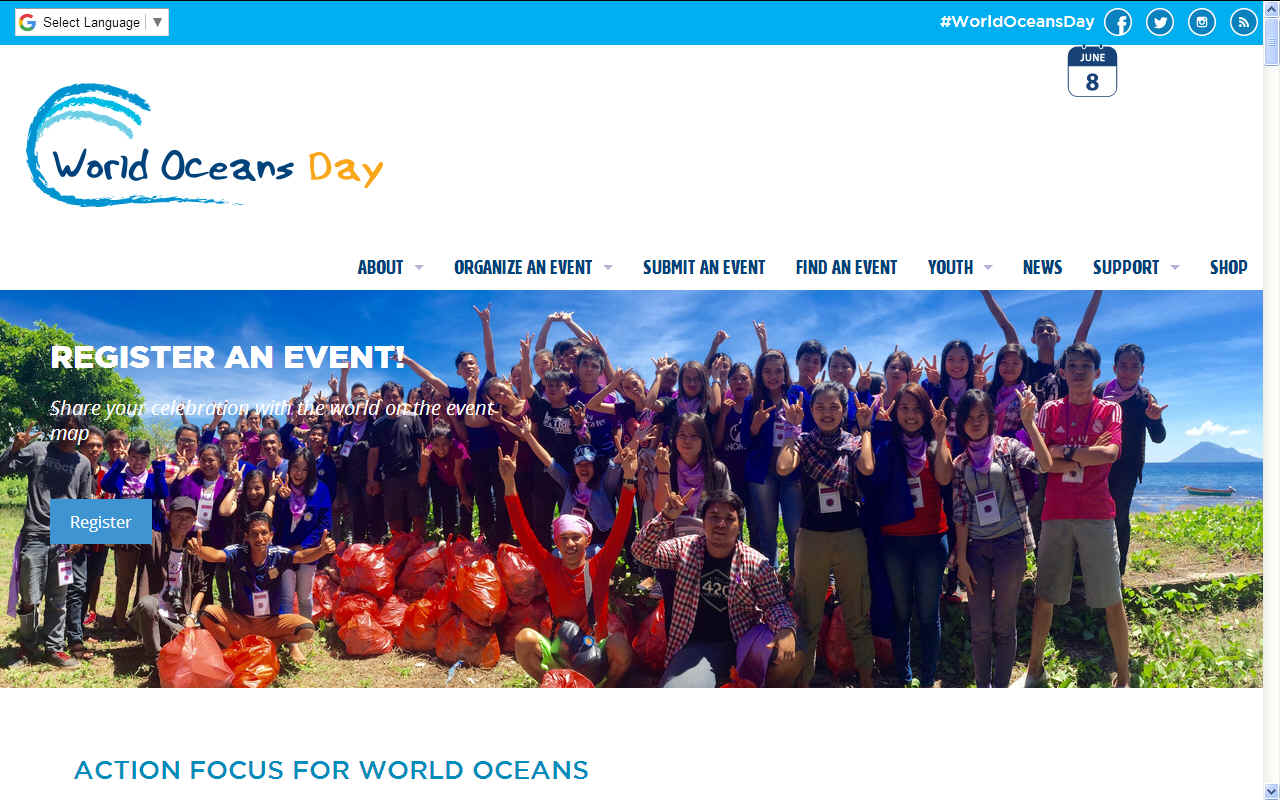
CONTACTS
Phone: +1 401.709.4071
Address: P.O. Box 2506 , Providence RI , 02906
Email: info@worldoceansday.org
Media professionals please contact their press agent with any press inquiries:
Samantha Mackiewicz
Email: smackiewicz (at) theoceanproject (dot) org
Phone: 401.619.0374
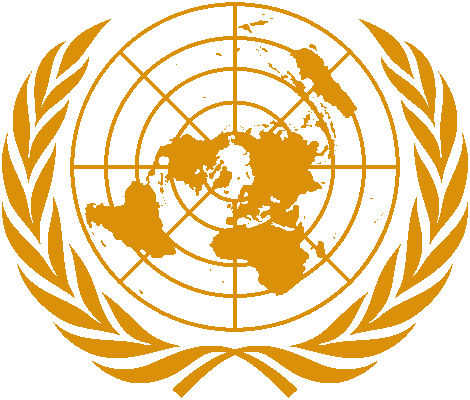
LINKS
& REFERENCE
https://blog.nationalgeographic.org/2018/05/21/march-for-the-oceans-make-a-splash/
http://www.worldoceansday.org/plastic-pollution-resources-1
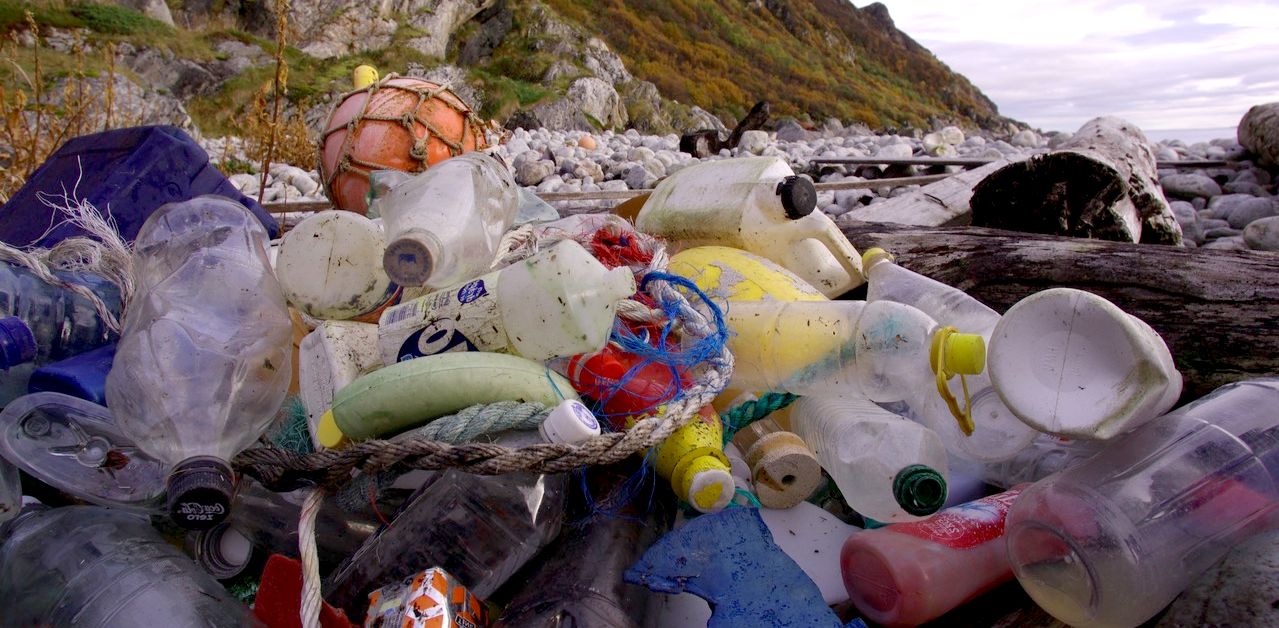
This
website is provided on a free basis as a public information
service. copyright © Cleaner
Oceans Foundation Ltd (COFL) (Company No: 4674774)
2018. Solar
Studios, BN271RF, United Kingdom.
COFL
is a charity without share capital. The names AmphiMaxô,
RiverVaxô
and SeaVaxô
are trade names used under license by COF in connection with their 'Feed
The World' ocean cleaning sustainability campaign.
|




